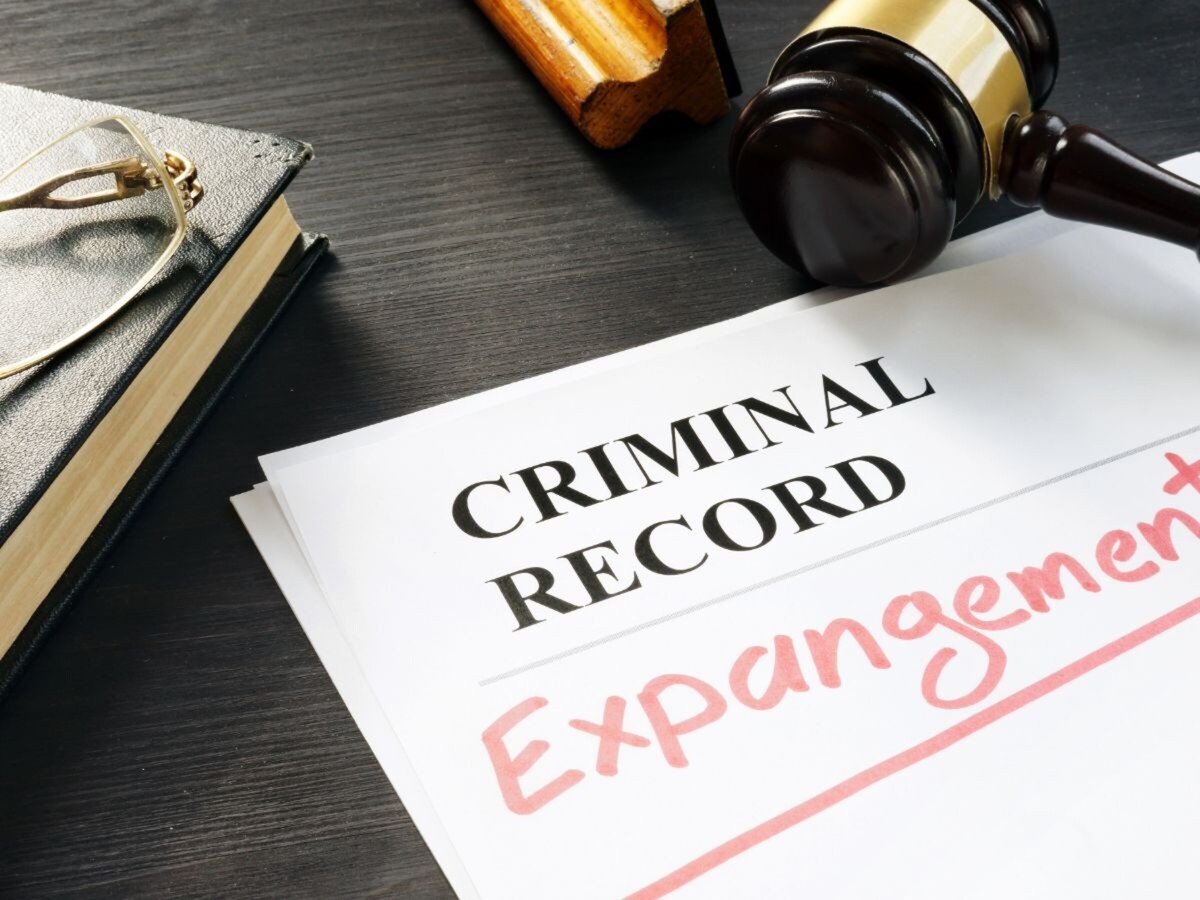New Jersey Implements Interim Measures to Address Expungement Backlog
State agencies collaborate to streamline the processing of expungement orders, aiding reintegration efforts.
NEW JERSEY — The New Jersey Office of the Attorney General (OAG), the Office of the Public Defender (NJOPD), and the New Jersey State Police (NJSP) have jointly announced a significant development in ongoing litigation aimed at resolving the backlog of expungement orders.
A State Superior Court has issued an Interim Consent Order to expedite the process, enabling more residents to secure employment and housing and to reintegrate into society more effectively.
“New Jersey is dedicated to supporting individuals who have made mistakes but want a fresh start,” said Attorney General Matthew Platkin. “Progress has been made in reducing the number of unprocessed expungement orders that surged after significant criminal justice reforms were approved. Around 110,000 expungements have been processed since 2023, reducing the backlog by nearly 70 percent, and we are committed to doing more to process the new and remaining orders expeditiously. This Interim Consent Order is another step ahead in those efforts.”
This court-approved agreement outlines specific types of expungement orders that will now be processed swiftly, particularly those classified as Clean Slate or Recovery Court orders. These include orders expunging municipal ordinance violations, and those that could fall under regular expungement petitions.
The NJSP is also tasked with processing orders that may lack complete biographical details but still provide enough information to identify the petitioners.
Further, the NJSP will eliminate all expungeable information from their records, even those not listed in the judicial expungement orders, and will handle records beyond their immediate control, such as internet search results and certain restraining orders, to the extent possible.
“This Interim Consent Order underscores our commitment to protecting individuals’ right to privacy as well as supporting community members who are looking to create a better future for themselves and their families, yet there remains significant work ahead to ensure that all those who were granted an expungement by our Superior Courts have their records expunged,” said Public Defender Jennifer Sellitti.
This interim order comes as part of a class-action lawsuit still under mediation led by the Honorable Jaynee LaVecchia, a retired associate justice of the New Jersey Supreme Court. Superior Court Judge Douglas H. Hurd of the Mercer vicinage signed the order on April 30, with implementation commencing by May 10.
“Clearing one’s record through expungement is not about erasing the past; it’s about empowering individuals to move forward with dignity and opportunity,” said Colonel Patrick J. Callahan, Superintendent of the New Jersey State Police. “People should not be defined by their past decisions when they are striving to improve themselves and their communities.”
In 2019, Governor Phil Murphy enacted the "Second Chance Agenda," which included legislation enabling individuals with certain low-level offenses to petition for their records to be cleared after a decade of clean behavior. This law also mandates the automatic sealing of low-level marijuana cases upon their resolution.
The establishment of an Expungement Unit by the NJSP has been pivotal in addressing the rising volume of expungement requests, and the new Interim Consent Order is expected to further enhance the efficiency of this process. This initiative underscores New Jersey’s commitment to reducing barriers for those seeking to rebuild their lives post-conviction.















